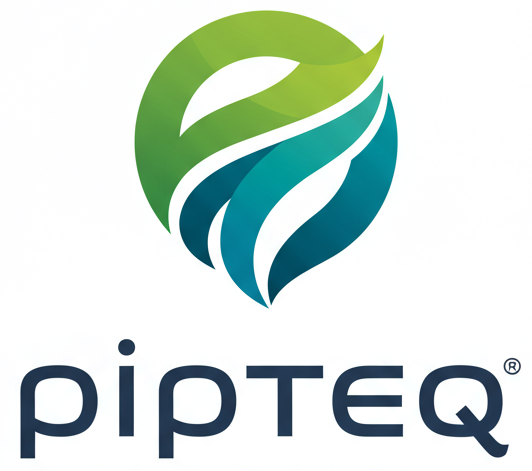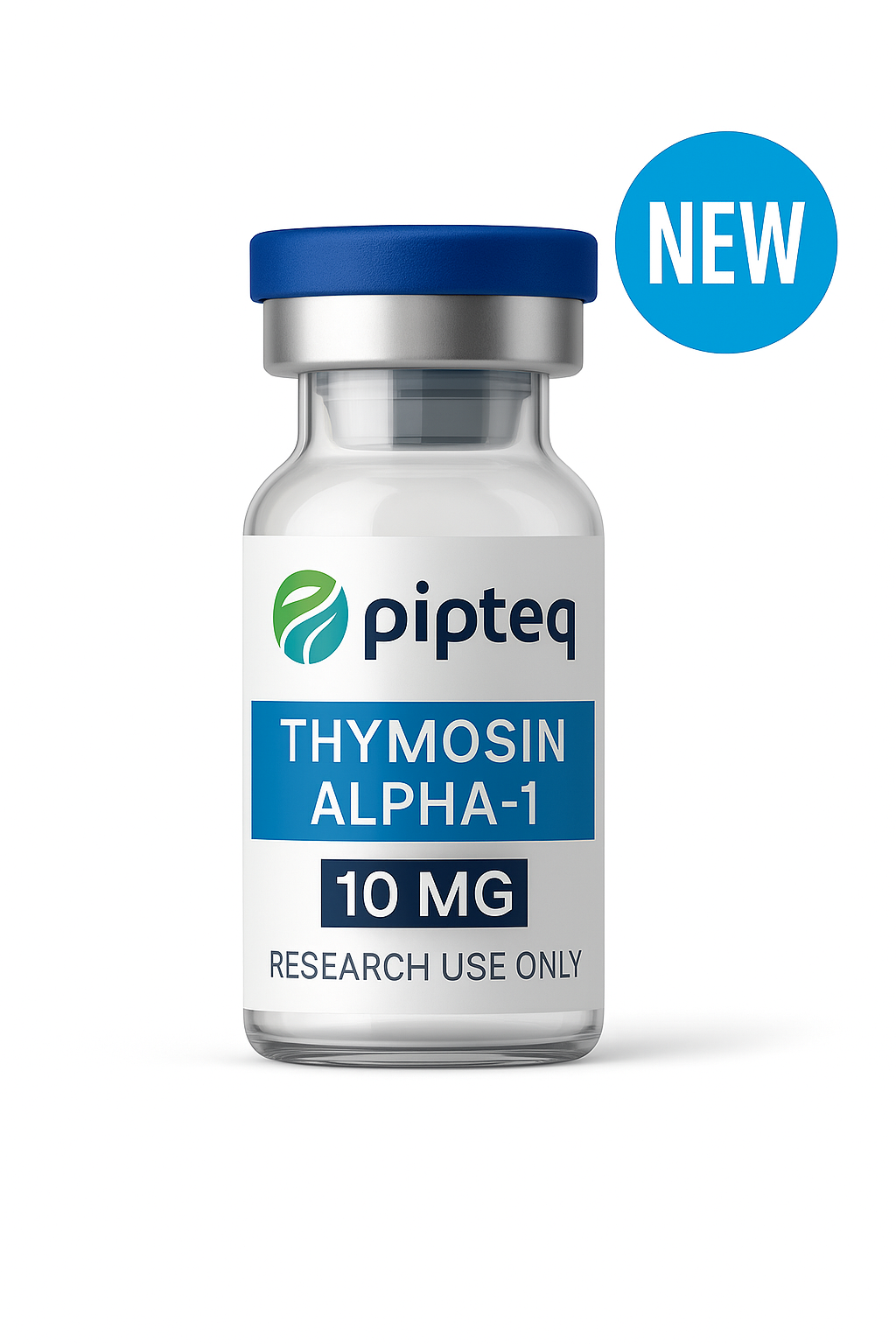🛡️ Thymosin Alpha-1 (Tα1): The Immune-Boosting Peptide for Infection Defense, Inflammation & Recovery
Thymosin Alpha-1 (Tα1) is a powerful immune-modulating peptide originally derived from the thymus gland. Known for its ability to enhance immune response, reduce chronic inflammation, and support antiviral and anticancer defenses, Tα1 has been used in both clinical and experimental settings for decades.
Approved in over 35 countries for treating various immune-related conditions, Thymosin Alpha-1 is a frontline peptide in immune optimization and regenerative medicine research.
🔬 What Is Thymosin Alpha-1?
Thymosin Alpha-1 is a 28-amino acid peptide fragment derived from prothymosin alpha, a naturally occurring protein secreted by the thymus gland. The thymus is a key organ in the development of T cells, which are critical for adaptive immunity.
Tα1’s main roles:
- Stimulates T-cell function
- Enhances natural killer (NK) cell activity
- Modulates cytokine levels
- Reduces chronic inflammation
It is commonly used in the management of viral infections, autoimmune diseases, chronic fatigue, and immune-suppressed states.
✅ Key Benefits of Thymosin Alpha-1 (Research-Based)
🛡️ Immune Enhancement
Boosts CD4+ and CD8+ T-cell activity, improving the body’s ability to fight off infections — particularly viruses like hepatitis, influenza, and HIV.
🔬 Antiviral Activity
Helps inhibit viral replication and enhances the immune system’s ability to clear pathogens, especially in chronic viral infections (Hepatitis B/C, HPV, HIV).
🧠 Anti-Inflammatory Modulation
Balances cytokine production (e.g., IL-2, TNF-α) and reduces pro-inflammatory responses, making it helpful in autoimmune and inflammatory conditions.
🧬 Adjunct Cancer Therapy (Investigational)
In clinical research, Tα1 has been used alongside chemotherapy and immunotherapy in cancers like melanoma, lung, and liver cancer, due to its immune system support.
🛌 Recovery from Chronic Fatigue & Illness
Tα1 is also studied in Long COVID, chronic fatigue syndrome (CFS/ME), and post-viral syndromes.
📚 Clinical Applications and Approved Uses
- Approved in over 35 countries (e.g., China, Italy, Russia) for treating:
- Chronic viral infections (e.g., HBV, HCV)
- Immunodeficiencies
- Cancer adjunct therapy
- Sepsis
- Autoimmune disorders
⚠️ Note: Thymosin Alpha-1 is not currently FDA-approved in the United States, but has been granted orphan drug designation for hepatitis B and melanoma.
🧪 How Thymosin Alpha-1 Works
Tα1 targets innate and adaptive immune pathways, including:
- Upregulating T-helper (Th1) responses
- Promoting antigen presentation by dendritic cells
- Enhancing NK cell cytotoxicity
- Regulating cytokine release to prevent immune overactivation
This makes it especially useful for:
- Viral load reduction
- Immune recovery post-infection
- Chronic immune dysregulation (autoimmunity or immunosuppression)
📦 Typical Research Use of Thymosin Alpha-1
- Form: Lyophilized powder (commonly 1mg or 10mg vials)
- Reconstitution: With bacteriostatic water
- Common Dosing (Research Use):
- 1.6–3.2 mg subcutaneously, 2–3x per week
- Duration: 4–12 weeks depending on protocol
- Administration: Subcutaneous injection
⚠️ Research use only. Dosing should follow clinical or experimental guidelines.
📚 Scientific References & Trusted Sources
- 🔗 PubMed – Thymosin Alpha-1 and Immunity
- 🔗 Frontiers in Immunology – Tα1 in COVID and Sepsis
- 🔗 NCBI – Thymosin Alpha-1 in Viral Infection
- 🔗 Peptide Sciences – Thymosin Alpha-1
- 🔗 SwissChems – Tα1 Peptide
📊 Comparison: Thymosin Alpha-1 vs BPC-157 vs TB-500
| Peptide | Primary Effect | Best For |
|---|---|---|
| Tα1 | Immune modulation | Viral defense, immune balance |
| BPC-157 | Tissue healing | Gut repair, muscle/tendon injuries |
| TB-500 | Systemic regeneration | Muscle & joint healing, inflammation |
| GHK-Cu | Skin & wound repair | Topical anti-aging, hair growth |
🛒 Where to Buy Thymosin Alpha-1 (Research Grade)
- 🔗 Peptide Sciences – Thymosin Alpha-1
- 🔗 SwissChems – Tα1 10mg
- 🔗 PureRawz – Thymosin Alpha-1
- 🔗 Pipteq™ UK – Peptides for Immune Research (Coming Soon)
🚀 Conclusion: Why Thymosin Alpha-1 Is the Immune System’s Secret Weapon
In a world where chronic infections, autoimmune dysfunction, and inflammation are on the rise, Thymosin Alpha-1offers a promising pathway to immune optimization and balance. Its ability to modulate immune function without overstimulation makes it an ideal candidate for research into:
- Immune defense
- Virus control
- Recovery from illness
- Anti-aging immune protocols
For researchers and clinicians exploring next-gen immune therapeutics, Thymosin Alpha-1 stands at the frontier of immunopeptide medicine.

